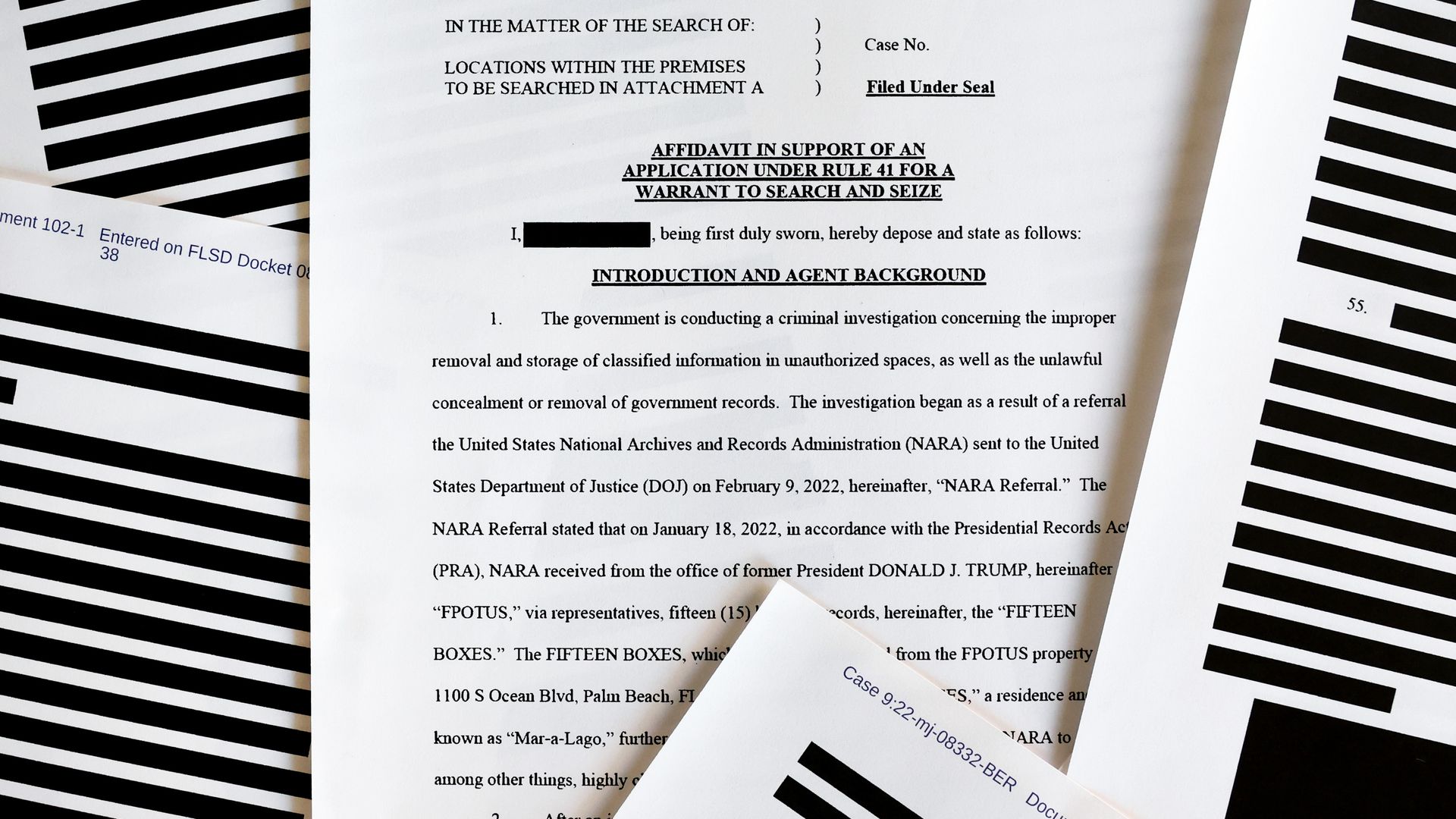
Congress seeks to reform nation’s intelligence classification system
Media Landscape
This story is a Media Miss by the left as only 28% of the coverage is from left leaning media.
Learn more about this dataLeft 28%
Center 44%
Right 28%
A bipartisan group of Senators introduced legislation to reform our nation’s intelligence classification system. They say changes need to be made to reduce overclassification and prevent the mishandling of the most sensitive classified documents.
Senator Mark Warner, D-VA: “We’ve got a byzantine, bizarre, bureaucratic system that has not kept up with the times, has not moved at all to digitalization.”
Senator John Cornyn, R-Texas: “If you go over to the national archives they can show you football fields full of documents that are being stored there and they simply don’t have the capacity to keep up with that.”
Overclassification and the mishandling of sensitive information have caused multiple problems this year.
Presidents Biden and Trump and Former Vice President Mike Pence all had to turn over classified documents that were improperly taken after they left office and stored in either their home or personal office.
In April, Air National Guardsmen Jack Texiera was federally charged after posting highly classified materials online.
Those documents publicized sensitive information about the war in Ukraine, and revealed that the United States government is spying on some of our allies, including Ukraine, South Korea, Egypt and the United Arab Emirates.
(bullet points)
To prevent the mishandling of documents – the bill mandates minimum standards for executive branch insider threat programs, to help prevent people from walking out of a government building with sensitive documents they intend to make public. It also requires security review of presidential and vice presidential records to ensure that records bearing classification markings are not improperly categorized as personal records and removed from secure facilities.
Bullet points:
On overclassification – The bill ensures that information may only be or remain classified where the harm to national security reasonably expected from disclosure outweighs the public interest;
Create what’s described as a tax on agencies based on how many classified records they generate,
(On cam)
Members of Congress constantly complain about classified briefings containing information that is already public or wouldn’t harm national security if it were released.
(chinese spy balloon picture)
That led to the public being left in the dark about key facts about the Chinese spy balloon the President had shot down. Here’s how Senators reacted after a classified briefing on the incident.
Sen. Tom Cotton: “As usual we had another classified briefing in which we learned nothing that I didn’t already know as a member of the intelligence committee and armed services committee, or for that matter that one couldn’t learn from reading your newspapers and watching your news channels.”
Sen. Richard Blumenthal: “The American people need and deserve to know more. There is a lot of information presented to us this morning that could be told to the American people without any harm to sources or methods or our national security. “
There’s a court hearing Thursday to determine if Teixiera can be released while he awaits trial, or if he’s considered a national security risk and needs to be detained. Straight from DC, I’m Ray Bogan.




